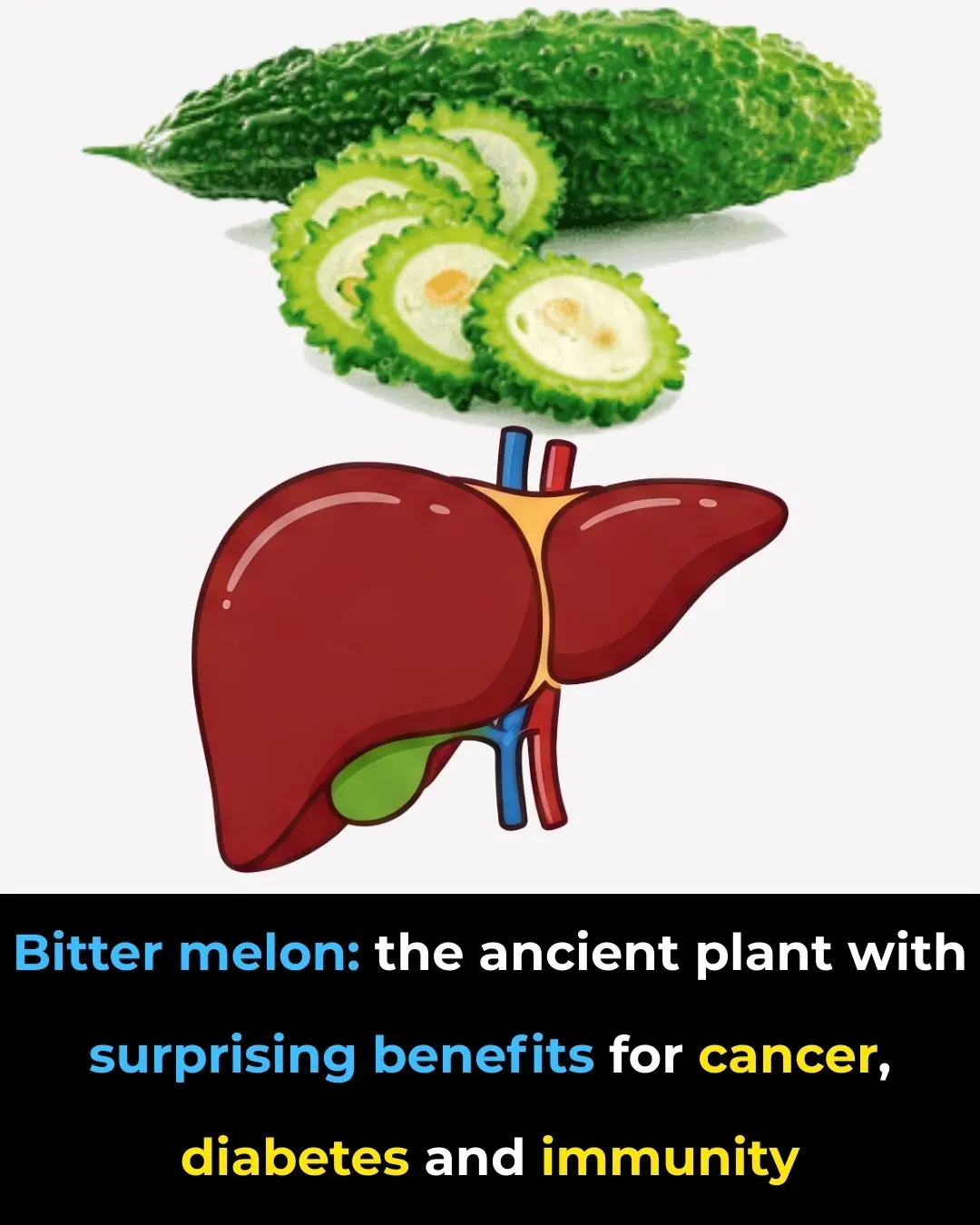
How your brain changes when you consume turmeric
Turmeric, the bright yellow spice often used in curries, has been treasured for centuries in traditional medicine. In recent years, scientists have become increasingly interested in how turmeric, and especially its active compound curcumin, may influence the brain. While turmeric is not a magic cure for neurological problems, regular consumption can lead to subtle but meaningful changes in how the brain functions and ages.
One of the most important ways turmeric affects the brain is through its anti-inflammatory properties. Chronic inflammation is linked to many brain disorders, including depression, Alzheimer’s disease, and Parkinson’s disease. Curcumin can help reduce inflammatory signaling in the body, and this may create a calmer environment for brain cells. When inflammation is lower, neurons are less likely to be damaged, and communication between them may remain clearer and more efficient over time.
Turmeric also acts as a powerful antioxidant. The brain uses a lot of oxygen and is especially vulnerable to damage from unstable molecules called free radicals. Over the years, this oxidative stress can harm brain cells and contribute to cognitive decline. Curcumin helps neutralize free radicals and boosts the activity of the body’s own antioxidant enzymes. In simple terms, it gives your brain extra “shielding” against daily wear and tear.
Another fascinating effect of turmeric is its possible influence on brain-derived neurotrophic factor, or BDNF. BDNF is a protein sometimes described as “fertilizer for the brain” because it supports the growth and survival of neurons and encourages the formation of new connections between them. Low levels of BDNF have been associated with depression and memory problems. Some studies suggest that curcumin may increase BDNF levels, which could promote better learning, sharper memory, and more resilient mood over the long term.
Mood change is one of the brain effects people often notice first. Because curcumin can reduce inflammation and oxidative stress—two factors that may play a role in depression—it has been studied as a supportive option for mood disorders. While it is not a replacement for professional treatment, regular turmeric intake, combined with healthy lifestyle habits, may gently support emotional balance. People sometimes report feeling more mentally “clear” or less sluggish when they add turmeric to their diet consistently.
Turmeric may also affect how your brain handles aging. In Alzheimer’s disease, abnormal protein clumps called amyloid plaques build up in the brain. Laboratory research has found that curcumin can bind to these plaques and may help prevent them from forming or encourage the body to clear them away more effectively. Human studies are still limited and ongoing, so it would be misleading to claim turmeric can prevent Alzheimer’s on its own. However, the early evidence suggests it could be one part of a broader brain-protective strategy that includes exercise, sleep, and a balanced diet.
Even blood flow in the brain may benefit from turmeric. Healthy blood vessels are crucial for delivering oxygen and nutrients to brain tissue. Curcumin appears to improve the function of the endothelium, the lining of blood vessels, which can support better circulation. Improved blood flow can translate into better focus and mental energy, especially as people get older.
Of course, there are limits. Curcumin is not absorbed very well by the body on its own. That is why many traditional recipes mix turmeric with black pepper and fat; the compound piperine in pepper can dramatically increase curcumin absorption. Modern supplements often use similar tricks. It is also possible to consume too much turmeric in concentrated supplement form, which might upset the stomach or interact with medications such as blood thinners.
Overall, when you regularly consume moderate amounts of turmeric—through food or carefully chosen supplements—you are giving your brain a gentle but multi-layered boost. You are lowering inflammation, fighting oxidative stress, possibly raising BDNF, and supporting healthy blood flow. None of these changes will transform your mind overnight, but together, over months and years, they may help your brain stay clearer, calmer, and more resilient as you age.
News in the same category


A Powerful Mixture for Cleansing Your Liver (2 Ingredients)

Studies Link Soda To Depression, Kidney Damage, Heart Attacks And Brain Damage

The Plant That Kills Cancer Cells, Stops Diabetes And Boosts Your Immune System!

7 powerful vitamins you need for strong, healthy legs

10 signs you’re eating too much sugar

Gallbladder removal: what happens next and 3 risks to watch for

10 Warning Signs Your Kidneys May Be in Danger

The protein sources that build your body vs. the ones that waste your money

Your pancreas could be ‘silently inflamed’ right now and you’d never know until it’s too late

6 Trigger Foods That Cause Agonizing Pain If You Have Neuropathy

The 5 foods that quietly fuel diabetes — and what to avoid to help reverse it

What if you ate 4 eggs a day with the yolks for 30 days

The Plant That Kills Cancer Cells, Stops Diabetes And Boosts Your Immune System!

The Ultimate DIY Clove Skincare Routine

Foods That Are Beneficial For Strengthening Muscles In Old Age

Why Staying Up Past Midnight Can Harm Your Brain

10 shocking signs of fatty liver you must not ignore!

The simple, natural method to relieve constipation and gas fast (no laxatives needed)

The 5 foods that quietly fuel diabetes — and what to avoid to help reverse it
News Post

First Person Cured of Type 1 Diabetes Using Stem Cell Therapy: A Groundbreaking Medical Achievement

Gray Hair: A Natural Defense Against Cancer, New Study Suggests

The Best Tea to Start Your Morning and After Dinner: A Powerful Blend for Wellness

Why Placing Borax on Wax Paper Under Your Fridge Works: A Full Guide

Young Student's Determination to Support His Education Inspires Viral Act of Kindness

Lavender Oil and Baking Soda: A Natural DIY Air Freshener Backed by Science (Full SEO Article)

MIT Scientists Develop Injectable Gel to Regenerate Damaged Nerves and Restore Sensation

How Attention Shapes Reality: The Neuroscience Behind Focus and Perception

From Fear to Trust: A Dog's Journey of Healing and Love

Cleaning the TV with tissue paper or plain water is a mistake. Use this to clean the dust and not scratch the screen

Bananas can't be eaten in time when bought. Do this so they won't be dark or overripe all week

A Powerful Mixture for Cleansing Your Liver (2 Ingredients)

Studies Link Soda To Depression, Kidney Damage, Heart Attacks And Brain Damage

The Plant That Kills Cancer Cells, Stops Diabetes And Boosts Your Immune System!

Frequent Daytime Naps Linked to Larger Brain Volume and Healthier Aging

7 powerful vitamins you need for strong, healthy legs

Study Reveals: Parents of Sons Experience Sharper Cognitive Aging

10 signs you’re eating too much sugar

Gallbladder removal: what happens next and 3 risks to watch for
